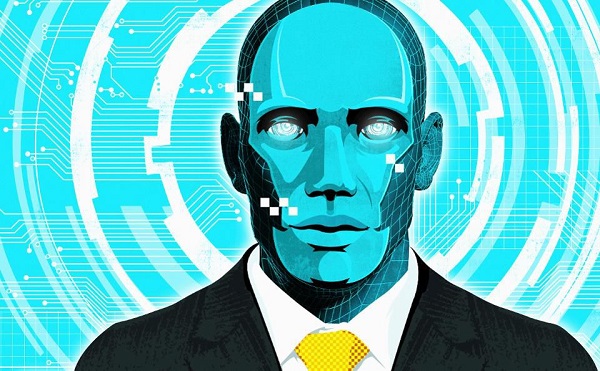This Study Says You Would Love a Robot Boss

Perhaps it’s the proliferation of ‘soft’ robotics— everything from the BB8 droid in the Star Wars movies to Pepper, the world’s first humanoid robot. Whatever the reason, Brits are currently loving their artificial intelligence, so much so that a new study has found that 53% of employed workers would be happy to work for a robot.
Perhaps ironically, nearly 1 in 10 believe that the smart technology company would be more enjoyable company than that of a human colleague. But watch out entrepreneurs, as almost a third of Brits (32%) would welcome a robot CEO.
And it seems that Millennials are the generation welcoming such radical moves with 8 out of 10 surveyed happy to bring technology into the office whereas only 6% of baby boomers would trust a robot.
The news is therefore slightly at odds with a previous survey commissioned by the government who found more than six million UK workers were afraid that their roles would be replaced by machines in the near future.
To find out more Gina Clarke spoke to Ed Molyneux, CEO and co-founder of FreeAgent a cloud and accounting software firm who commissioned the survey of 1,000 workers.
Why do you think people are more trusting of robots these days?
I think that there’s generally less mistrust of technology now because we’re becoming so used to it. Many of us interact daily with voice-activated apps like Alexa or Siri, automate our daily workflow and let intelligent software help us with important tasks such as banking and business admin, so we’re already passing a lot of our lives onto machines.
We may still be some way off from having physical, artificially-intelligent machines working alongside us, serving our meals or performing complex surgical procedures – but the technology required for this to become standard is certainly advancing at pace. It’s not a massive stretch to think that we could see these scenarios in the future, which could be the reason why people are clearly becoming more comfortable with the idea of working with – or even for – robots.
What does this say about the public’s consciousness of robotics?
I think our perception of ‘robots’ has become a lot more nuanced as technology has advanced. We no longer perceive them as something out of a sci-fi movie – like a Star Wars droid – but rather as a range of physical and digital technologies that are helping us to work and live better.
I think we’re now viewing things like Artificial Intelligence, chatbots, machine learning and the myriad recent advancements in computer science as part of the wider robotics umbrella – and that’s making it easier for the public to understand and engage with the general concept of ‘robots.’
Do you think the market is saturated with robotics yet or do you see it as a growth market?
We’re only just scratching the surface! Technology is becoming more intuitive by the day, and there are very few sectors that aren’t facing the prospect of deeper automation through AI or increasingly sophisticated software. It’s a trend that I can only see growing over the coming years.
The challenge for the UK workforce will be how to embrace that technology, rather than being made obsolete by it.
Does your business use any elements of robotics/AI?
Yes. We incorporated machine-learning into our software many years ago to help customers categorize their bank transactions more easily, and we’ve recently been experimenting with chatbots to help ease the burden on our support team. The ability to provide useful information and guides via this technology really helps free up our team so they can focus on more in-depth, personal support for complex customer queries.
Read the source article in Forbes.
